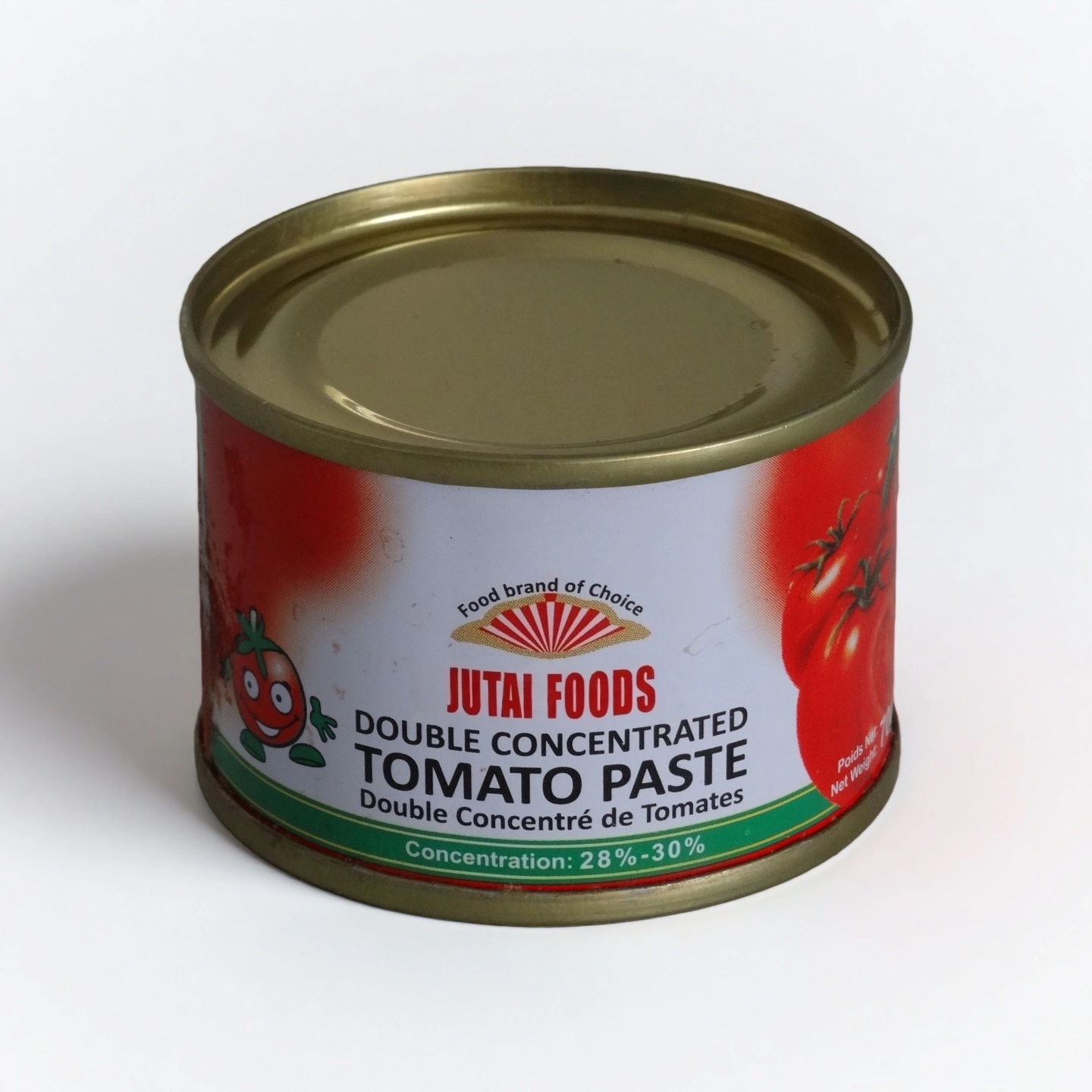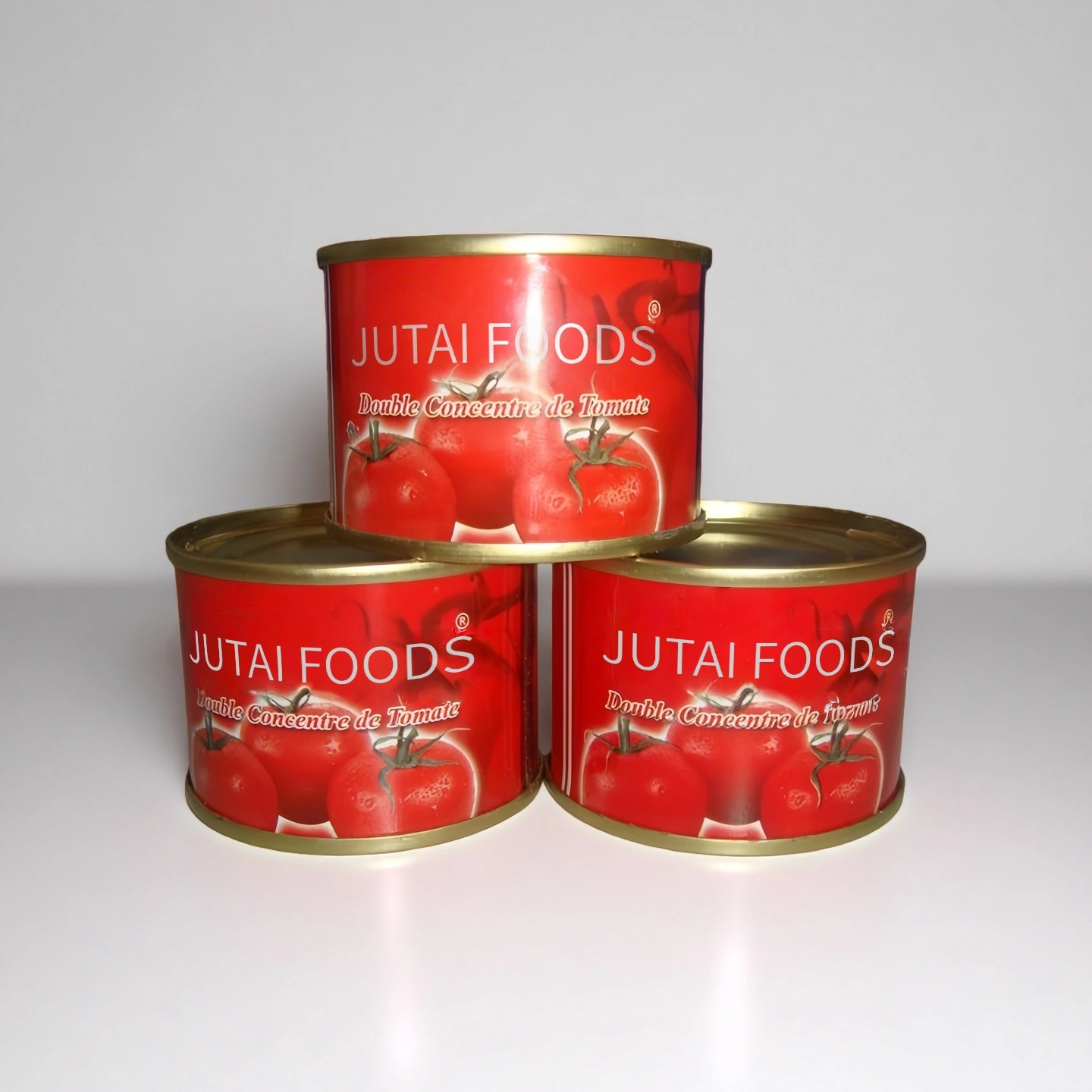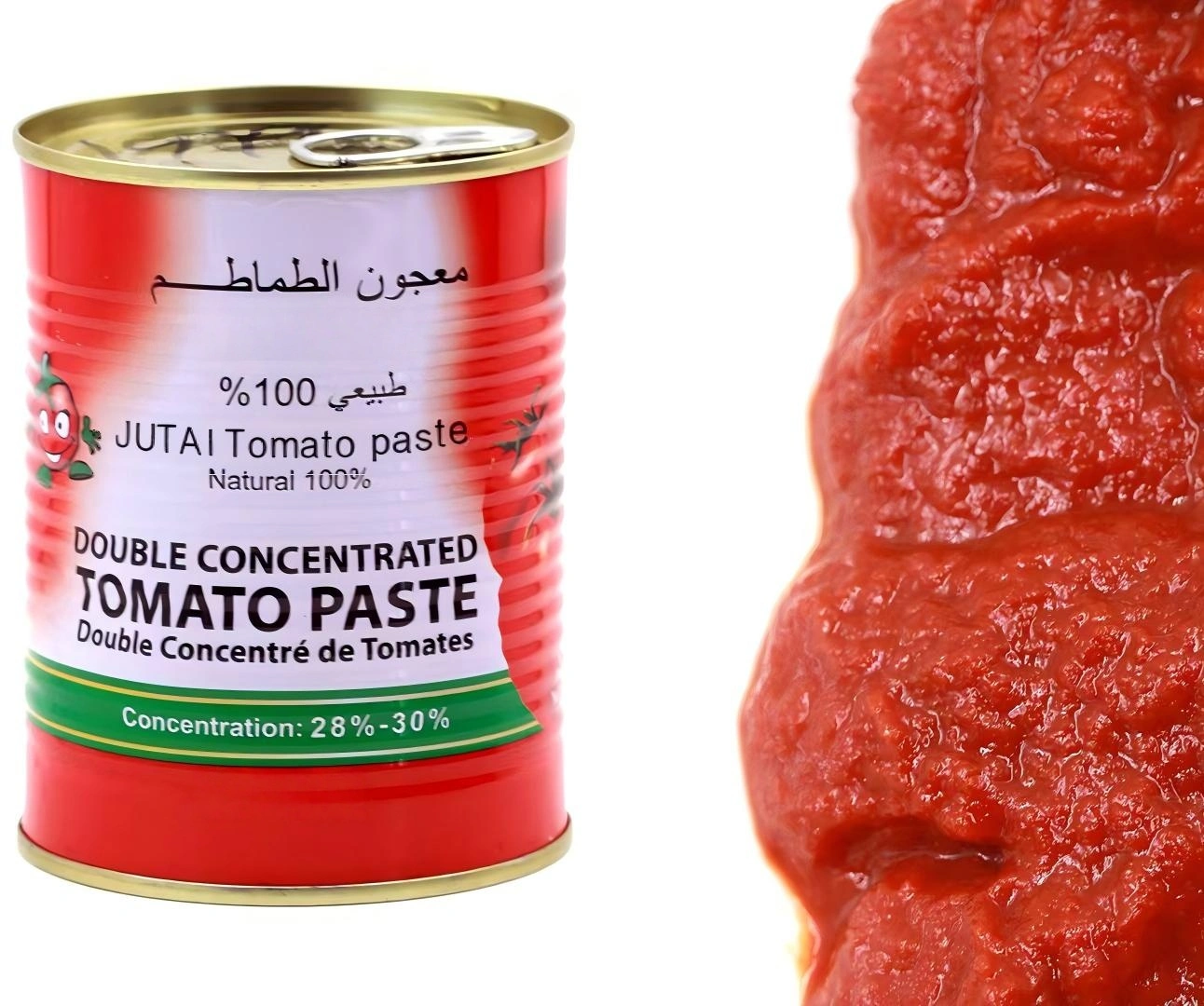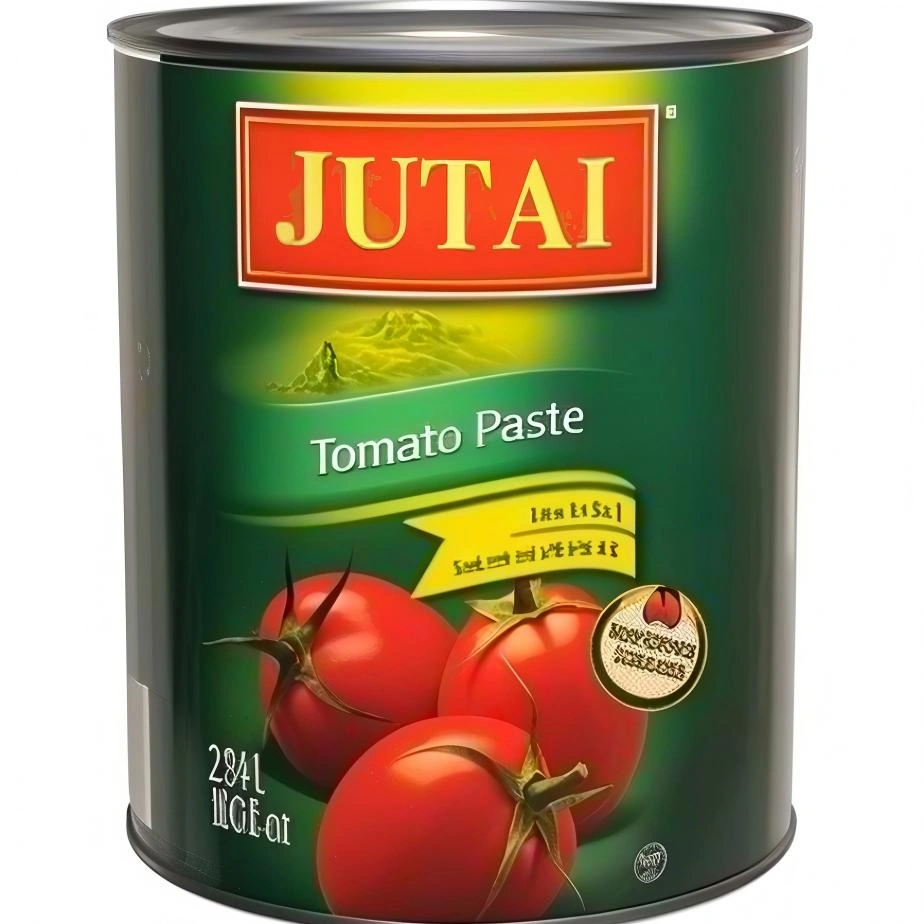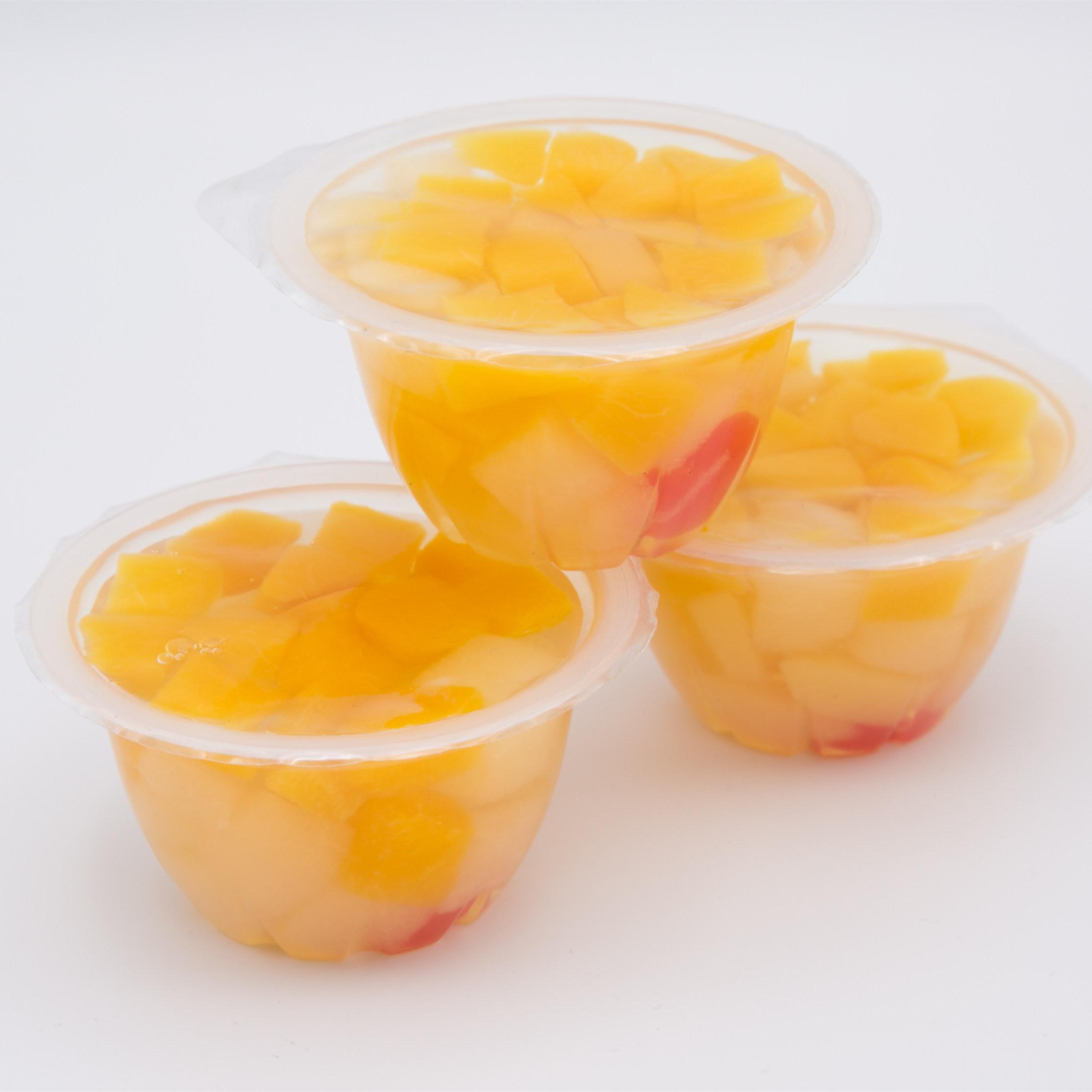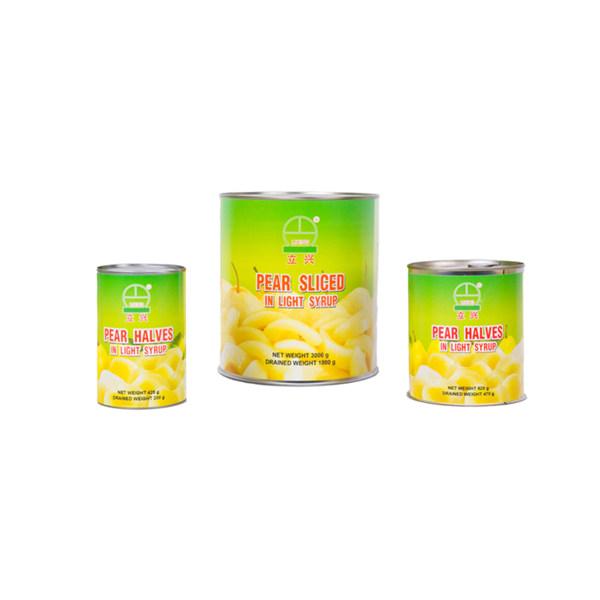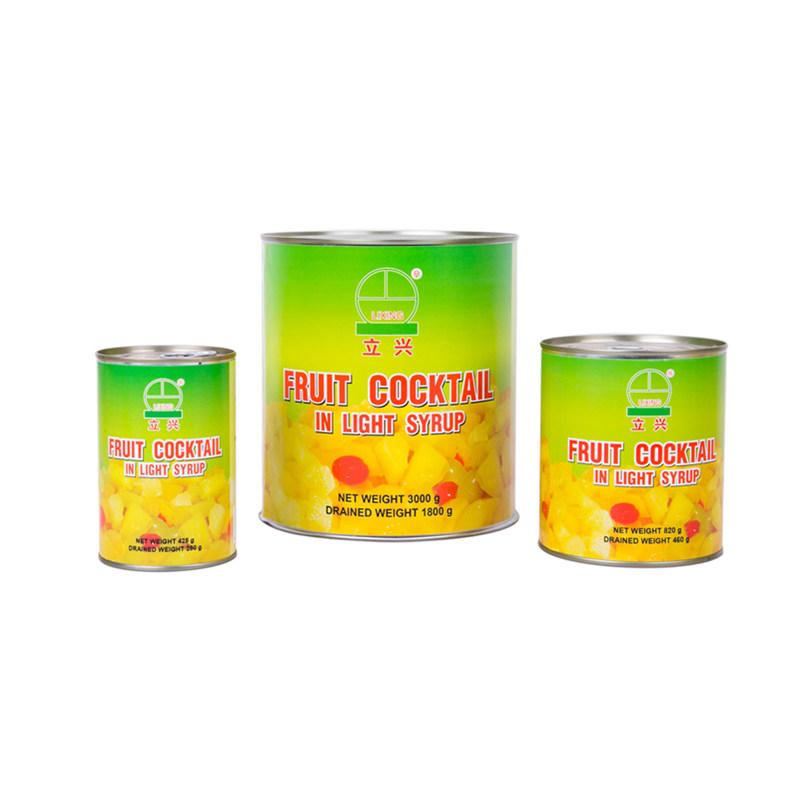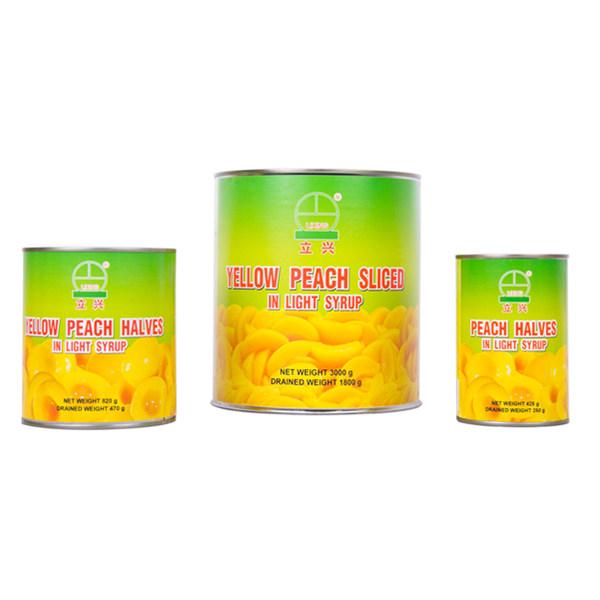Best Canned Food for Long-Term Storage
Canned food is essential for long-term storage thanks to its shelf life, nutrition, and convenience. From vegetables and fruits to fish and soups, learn which options last longest and why Jutai Foods Group Limited is a trusted global supplier of premium canned goods, exporting to 80+ countries.
Introduction
In uncertain times, whether due to natural disasters, economic instability, or simply the need to save time, canned food for long-term storage has become a household essential. Canned goods provide convenience, long shelf life, and reliable nutrition. In fact, according to a 2023 report from the Canned Food Alliance, over 90% of American households keep canned foods in their pantries, highlighting their importance in everyday life and emergency preparedness.
This article explores the best canned food for long-term storage, supported by research data, nutritional comparisons, and practical tips. We will also introduce Jutai Foods Group Limited, a global leader in canned fruits, vegetables, and fish, trusted by customers in over 80 countries.
Why Choose Canned Food for Long-Term Storage?
Canned food is processed through heat sterilization or pressure sealing, which removes harmful bacteria while locking in nutrients. Compared to fresh produce, which spoils quickly, canned food maintains safety and quality for years.
Key Benefits:
Extended Shelf Life: Most canned goods last 2–5 years, some even longer.
Nutritional Value: Studies show that nutrients such as protein, fiber, and minerals remain intact after canning.
Convenience: Ready-to-eat or quick-to-cook.
Cost-Effective: Canned food is often cheaper per serving compared to fresh or frozen alternatives.
Portability: Ideal for emergency kits, camping, and military rations.
Shelf Life of Common Canned Foods
The shelf life of canned food depends on its contents, acidity level, and storage conditions. According to the USDA Food Safety and Inspection Service, low-acid canned foods (like vegetables, fish, and meats) can last 2–5 years, while high-acid foods (like fruits and tomatoes) typically last 12–18 months.
Table 1: Average Shelf Life of Common Canned Foods
| Food Type | Example Products | Shelf Life (Unopened) | Key Notes |
|---|---|---|---|
| Low-acid vegetables | Corn, beans, carrots | 2–5 years | Best in cool, dry storage |
| Canned fish/meat | Tuna, salmon, chicken | 2–5 years | High in protein |
| High-acid fruits | Pineapple, peaches | 12–18 months | Vitamin-rich but shorter shelf life |
| Canned tomatoes | Tomato paste, sauce | 12–18 months | Naturally acidic |
| Soups and stews | Mixed vegetable soup | 2–3 years | Balanced nutrition |
| Canned dairy | Evaporated milk | 1–2 years | Keep away from heat |
Nutritional Value of Canned Food vs. Fresh
One common misconception is that canned foods are less nutritious than fresh. However, research from the Journal of Food Composition and Analysis found that canned fruits and vegetables often retain equal or higher levels of certain nutrients due to preservation methods. For example, canned tomatoes contain more bioavailable lycopene (an antioxidant) compared to fresh.
Table 2: Nutrient Comparison of Fresh vs. Canned Foods
| Food Item | Fresh (per 100g) | Canned (per 100g) | Key Observation |
|---|---|---|---|
| Tomatoes | Lycopene: 3.1 mg | Lycopene: 7.2 mg | Canning increases antioxidant |
| Sweet Corn | Fiber: 2.7 g | Fiber: 2.9 g | Comparable fiber levels |
| Peaches | Vitamin C: 10 mg | Vitamin C: 8 mg | Slight reduction |
| Tuna (in water) | Protein: 23 g | Protein: 22 g | Nearly identical |
Conclusion: For long-term storage, canned goods are not only safe but also nutritionally beneficial.
Best Types of Canned Food for Long-Term Storage
1. Canned Vegetables
Vegetables like green beans, corn, carrots, and peas are staples for emergency storage. They provide essential fiber, vitamins, and minerals while being versatile for soups, stews, and side dishes.
Tip: Choose low-sodium versions for better health.
2. Canned Fruits
Fruits such as pineapple, peaches, and pears are excellent sources of vitamin C and natural sweetness. While they have a shorter shelf life than vegetables, they are invaluable for balanced nutrition.
Tip: Opt for fruit canned in juice instead of syrup to avoid excess sugar.
3. Canned Fish and Meat
Protein-rich canned tuna, salmon, chicken, and beef are indispensable for long-term storage. They are nutrient-dense and provide essential omega-3 fatty acids and iron.
Tip: Rotate stock regularly to maintain freshness.
4. Canned Soups and Ready Meals
Soups, stews, and pasta meals provide complete nutrition in a single can. These are highly practical in emergencies where cooking may be limited.
5. Canned Dairy and Alternatives
Evaporated milk and coconut milk are excellent for baking and cooking. Powdered milk in cans also provides calcium and protein.
Table 3: Best Canned Foods for Emergency Storage
| Category | Top Choices | Shelf Life | Nutrition Highlight |
|---|---|---|---|
| Vegetables | Corn, carrots, peas | 2–5 years | Fiber, vitamins |
| Fruits | Pineapple, peaches, pears | 12–18 mo | Vitamin C, antioxidants |
| Fish/Meat | Tuna, salmon, chicken | 2–5 years | Protein, omega-3 |
| Soups/Meals | Vegetable soup, beef stew | 2–3 years | Balanced nutrition |
| Dairy | Evaporated milk, coconut milk | 1–2 years | Calcium, protein |
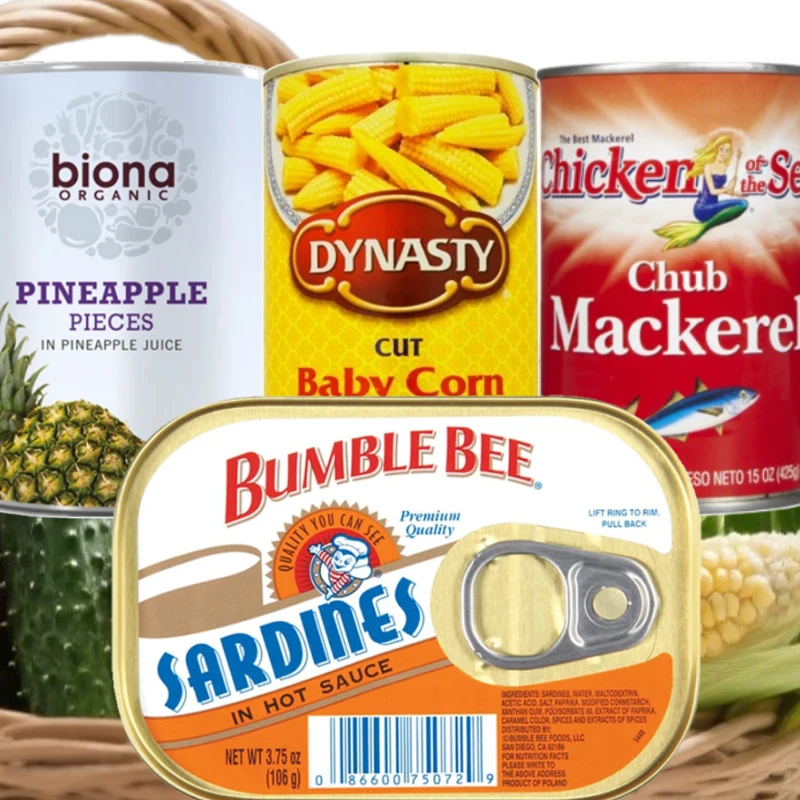
Storage Tips for Maximizing Shelf Life
Even the best canned food won’t last forever if not stored properly.
Keep in a Cool, Dry Place: Ideal storage temperature is 50–70°F (10–21°C).
Avoid Rust and Damage: Check cans regularly for dents, rust, or bulging lids.
Rotate Inventory: Follow the FIFO method – First In, First Out.
Label Clearly: Write purchase dates on cans for easy tracking.
Emergency Preparedness: Store at least a 2-week supply per person, as recommended by the U.S. Department of Homeland Security.
Market Trends in Canned Food
Global demand for canned foods has been steadily rising. According to Market Research Future (2023), the canned food market is projected to reach USD 118 billion by 2030, driven by consumer preference for convenience, food safety, and longer shelf life.
Top consumers: North America and Europe (due to busy lifestyles).
Fastest growth: Asia-Pacific, thanks to urbanization and increasing food exports.
Table 4: Global Canned Food Market Growth
| Region | 2022 Market Size (USD Bn) | Projected 2030 (USD Bn) | CAGR (2023–2030) |
|---|---|---|---|
| North America | 28.5 | 38.2 | 3.8% |
| Europe | 32.1 | 42.0 | 3.4% |
| Asia-Pacific | 25.4 | 37.5 | 5.1% |
| Middle East/Africa | 12.0 | 17.3 | 4.8% |
Jutai Foods Group Limited: Your Trusted Partner in Canned Food
When choosing the best canned food for long-term storage, reliability and quality matter. This is where Jutai Foods Group Limited, based in Qingdao, China, stands out.
Why Jutai Foods?
Extensive Product Range: Specializing in canned fruits, vegetables, and fish.
Quality Assurance: ISO22000, BRC, HACCP, FDA Registration, and KOSHER certifications.
Global Reach: Exporting to over 80 countries across Europe, the U.S., Southeast Asia, Africa, and beyond.
Production Strength: Over 20,000 tons annual sales volume, supported by planting bases, R&D labs, and modern workshops.
Flexible Services: OEM branding, mixed container loading (LCL), and market analysis support.
Commitment to Excellence
Jutai Foods is dedicated to high-quality, affordable, and sustainable canned food solutions. Customers benefit not only from safe and delicious products but also from expert consultation and fast response times.
Contact Jutai Foods Group Limited today, and secure your supply of premium canned goods for both everyday consumption and long-term storage.
Conclusion
The best canned food for long-term storage combines nutrition, affordability, and reliability. Vegetables, fruits, fish, meats, and soups are all excellent choices when selected carefully and stored properly. Backed by global market growth and consumer demand, canned foods are here to stay as a pantry staple and emergency necessity.
By choosing a trusted supplier like Jutai Foods Group Limited, consumers and businesses can ensure they have access to high-quality canned foods that meet international standards. Whether for daily convenience, survival preparedness, or global trade, canned food remains a smart and sustainable solution for the future.
